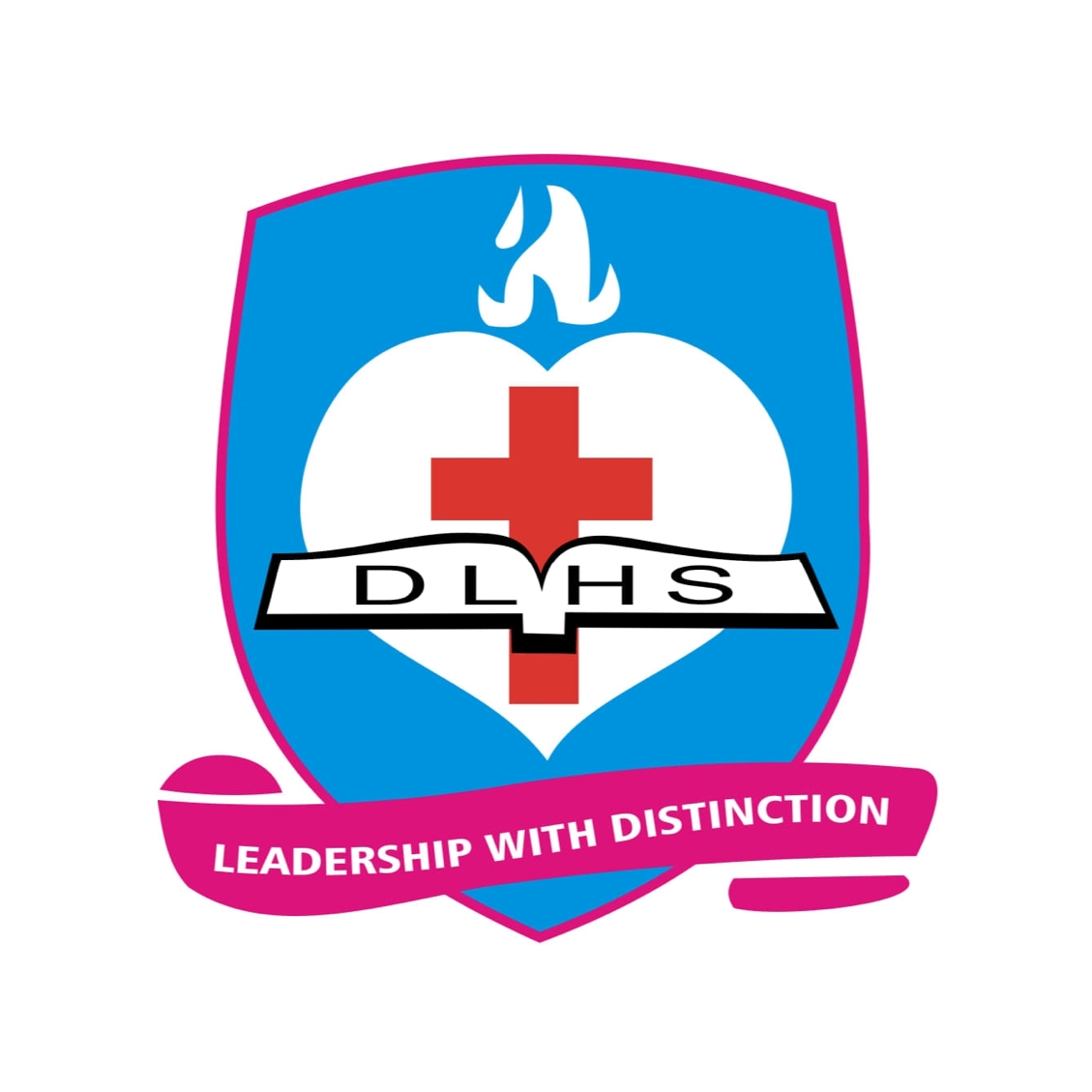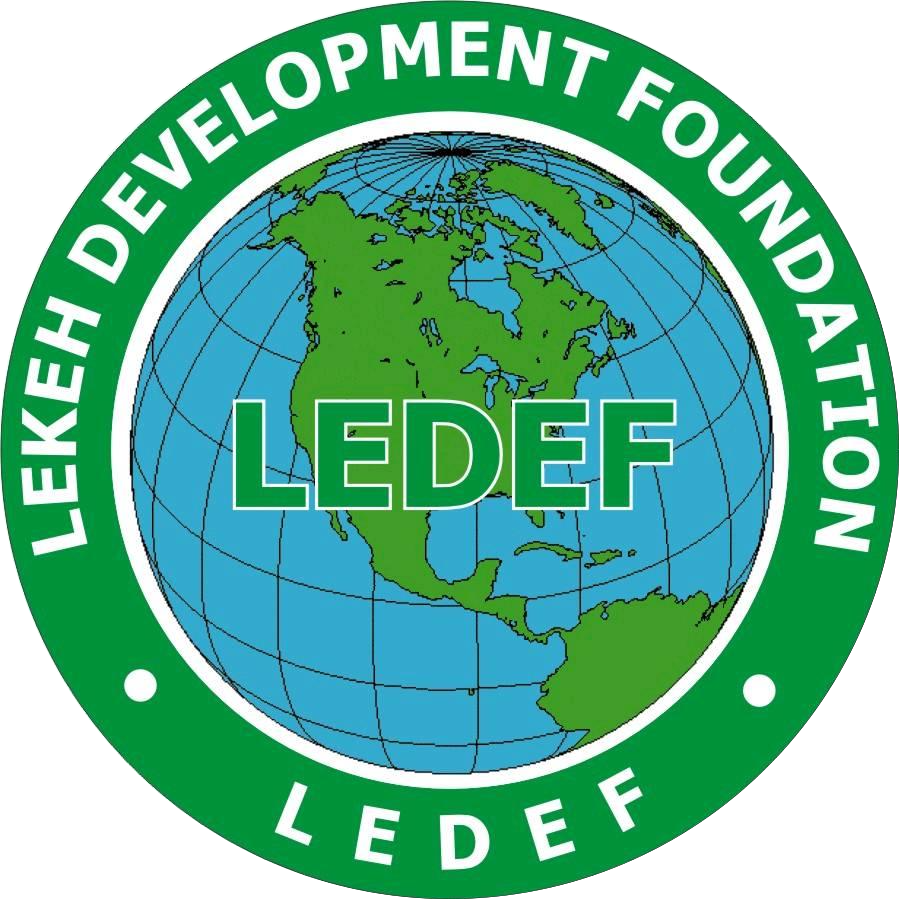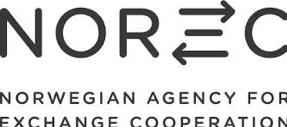Global Partnership Initiative on Effective Triangular Co-operation (GPI)
Description
About
The GPI is a global initiative fostering the dynamic, innovative, and contemporary definition of triangular co-operation.
Triangular co-operation supports the goals and implementation of the UN 2030 Agenda for Sustainable Development. The modality is on the rise globally with an increase in the number of projects and budgets allocated to it. In the current development landscape, triangular co-operation is expanding its scope to include multi-stakeholder relationships between governments, international organisations, civil society, and the private sector. It provides comparative advantages by complementing North-South and South-South co-operation.
The GPI was created in 2016 to provide a platform for the exchange of experiences, challenges, and tools to work more effectively in triangular co-operation.
How it works
The GPI has a contemporary understanding of triangular co-operation, as a modality of its own that requires at least three roles being represented, with each potentially having more than one actor.
- The pivotal partner often has proven experience and shares its resources, knowledge and expertise through triangular co-operation. It can sometimes provide a bridge between South-South and North-South.
- The facilitating partner helps to connect countries and organisations to form a triangular partnership and gives financial and/or technical support to the collaboration.
- The beneficiary partner seeks support to tackle specific development challenge in line with their national development priorities and needs. It is responsible for ensuring that results are sustainable.
The objective of the GPI is to bring together different development stakeholders to better situate triangular cooperation in the current development landscape, especially with the growing importance of South-South and triangular cooperation. Following the adoption of the BAPA+40 Outcome Document, where the GPI received an explicit mandate to implement the conclusions, the GPI continues to serve as a global platform for exchange and joint learning on triangular co-operation and aims to pilot its Voluntary Guidelines for Effective Triangular Co-operation. Click here to read the GPI Concept Note.
The GPI Work
- Advocacy: The advocacy workstream will promote the work of the GPI, specifically the Voluntary Guidelines for Effective Triangular Co-operation and the GPI understanding of triangular co-operation that better reflects the contemporary landscape of development and the multi-stakeholder nature of this modality.
- Operational:The operational workstream will compile existing operational guidelines and create a space to share lessons in a consistent and consolidated manner. These efforts might lead to the development of a toolkit that can guide for implementing effective triangular co-operation projects. The operational workstream will promote the GPI Marketspace, and also pick up on some of the challenges identified by the analytical workstream and will provide support to practitioners when designing, implementing, monitoring and evaluating triangular co-operation projects. The GPI Marketspace aims to create a space for interaction and matchmaking among GPI members to jointly develop triangular co-operation projects and initiatives, identifying partners and innovative solutions in tackling a development challenge. All live interactions happen through the online GPI community on the Microsoft Teams Platform. Contact us to join the community.
- Analytical: The analytical workstream will collect and analyse cases and identify different models of triangular co-operation to extract lessons. This work will help to clarify the value-added of triangular co-operation, the comparative advantages of various partners involved and challenges encountered when implementing projects. It might also be useful to pick out specific projects that contribute to tackling global challenges and achieving the SDGs.
The GPI Network
The core group includes the African Union Development Agency (AUDA-NEPAD), Canada, Chile, the Ibero American Programme for the Strengthening of South-South Co-operation (PIFCSS), Islamic Development Bank, Japan, Mexico, Norway, Organisation for Economic Co-operation and Development (OECD), and the UN Office for South-South Co-operation (UNOSSC).
Since 2016, about 50 additional countries, international organisations, civil society organisations, representatives from the private sector, and research institutions have joined the GPI and contributed to its three workstreams: advocacy, analytical and operational.
SECTOR
Development Cooperation
Country
Global
SDG
17 - Partnerships for the Goals
Organization Type
Multilateral Organization
Similar Organizations




